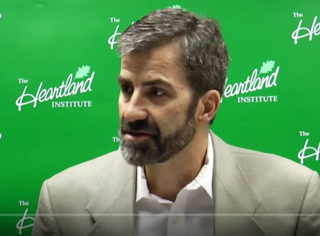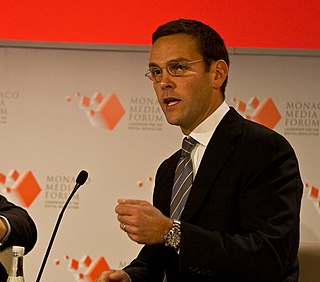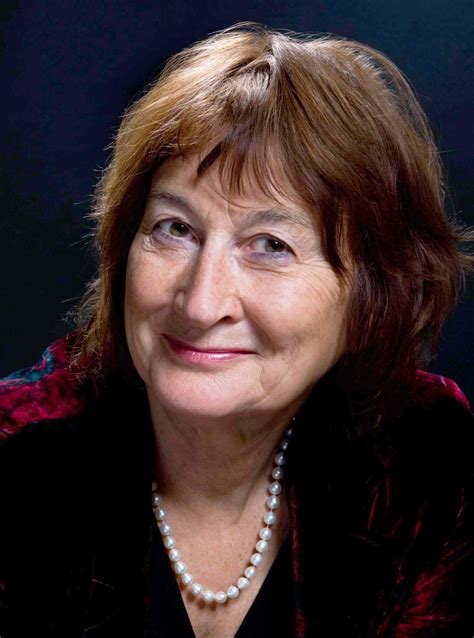A Quote by George P. Shultz
What we want is scientists who don't become part of the policy discussion: All they do is produce science. If someone becomes an advocate, then I won't pay as much attention to their science.
Related Quotes
I don't think any administration, when they come in, thinks that their job is to tell the scientists what the science looks like or to be quiet about the science. Scientists need to remain true and not allow science to be politicized. Scientists are not politicians, and no politician should consider themselves to be a scientist.
If an artist is reaching for the universe as a source of creative muse, then I'm there. I'm gonna say, "Yeah. Here's Saturn. Here's a black hole. Here's twisted space-time. Talk to me. What do you need? What do you want?" And I'll just feed you, because I think only then does science become mainstream - when science becomes a legitimate topic for artists.
The scientists Heartland works with demanded we host a ninth conference this year to foster a much-needed frank, honest, and open discussion of the current state of climate science and we just couldn't refuse. The public, the press, and the scientific community will all benefit from learning about the latest research and observational data that indicate climate science is anything but 'settled.
The private motives of scientists are not the trend of science. The trend of science is made by the needs of society: navigation before the eighteenth century, manufacture thereafter; and in our age I believe the liberation of personality. Whatever the part which scientists like to act, or for that matter which painters like to dress, science shares the aims of our society just as art does.
The IPCC 'policy summaries,' written by a small group of their political operatives, frequently contradict the work of the scientists that prepare the scientific assessments. Even worse, some of the wording in the science portions has been changed by policy makers after the scientists have approved the conclusions.
Historians of a generation ago were often shocked by the violence with which scientists rejected the history of their own subject as irrelevant; they could not understand how the members of any academic profession could fail to be intrigued by the study of their own cultural heritage. What these historians did not grasp was that scientists will welcome the history of science only when it has been demonstrated that this discipline can add to our understanding of science itself and thus help to produce, in some sense, better scientists.
Scientists blame the audience for being too stupid, shallow, or lazy to understand. There has been a fascinating debate in the blogosphere lately about communicating science to the public, and it's clear that most scientists just don't get it. They can't be bothered to talk to real people. Nobody will care about your issues if the price they have to pay is listening to a long lecture from Morton the science bug.




































